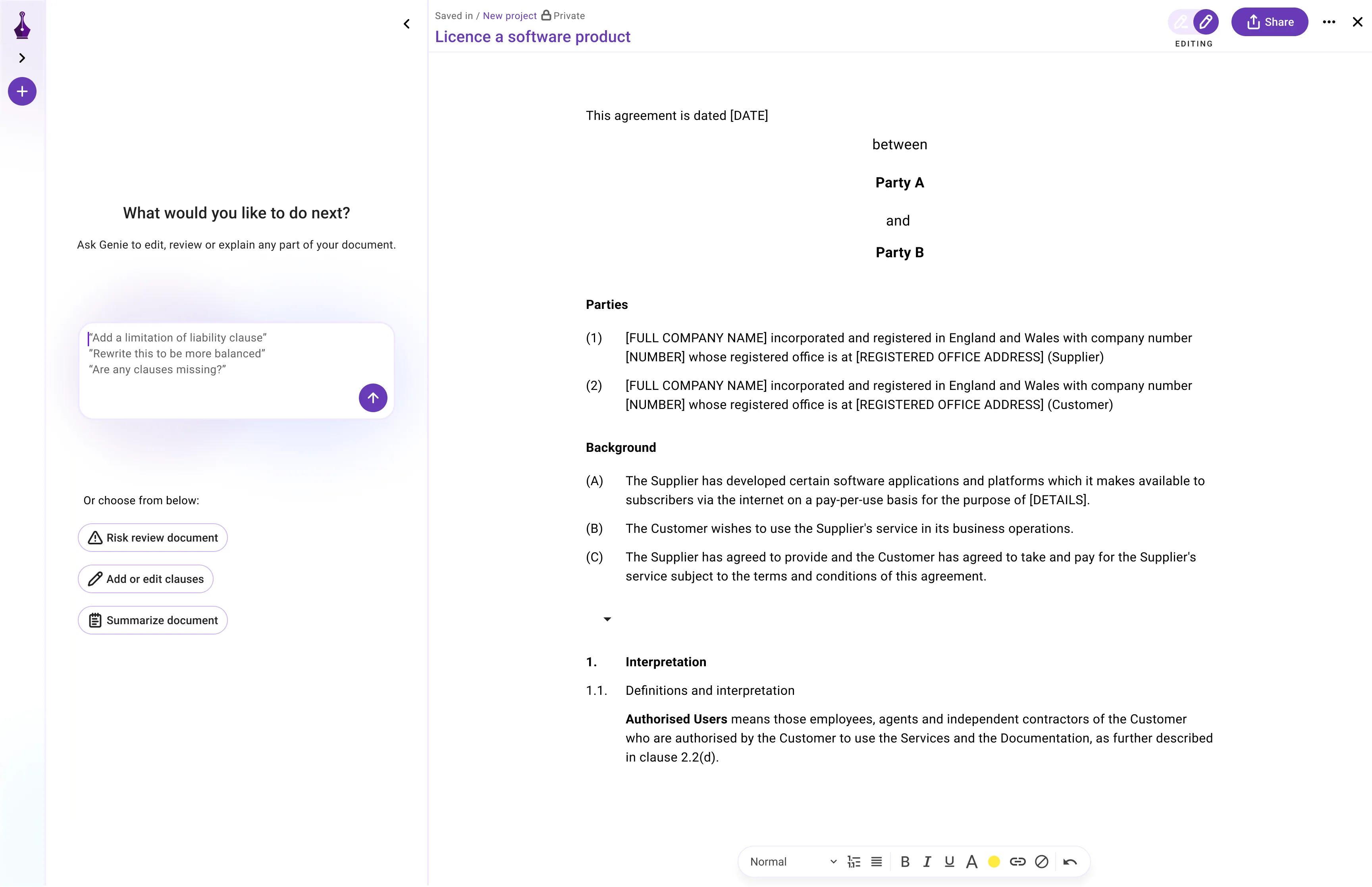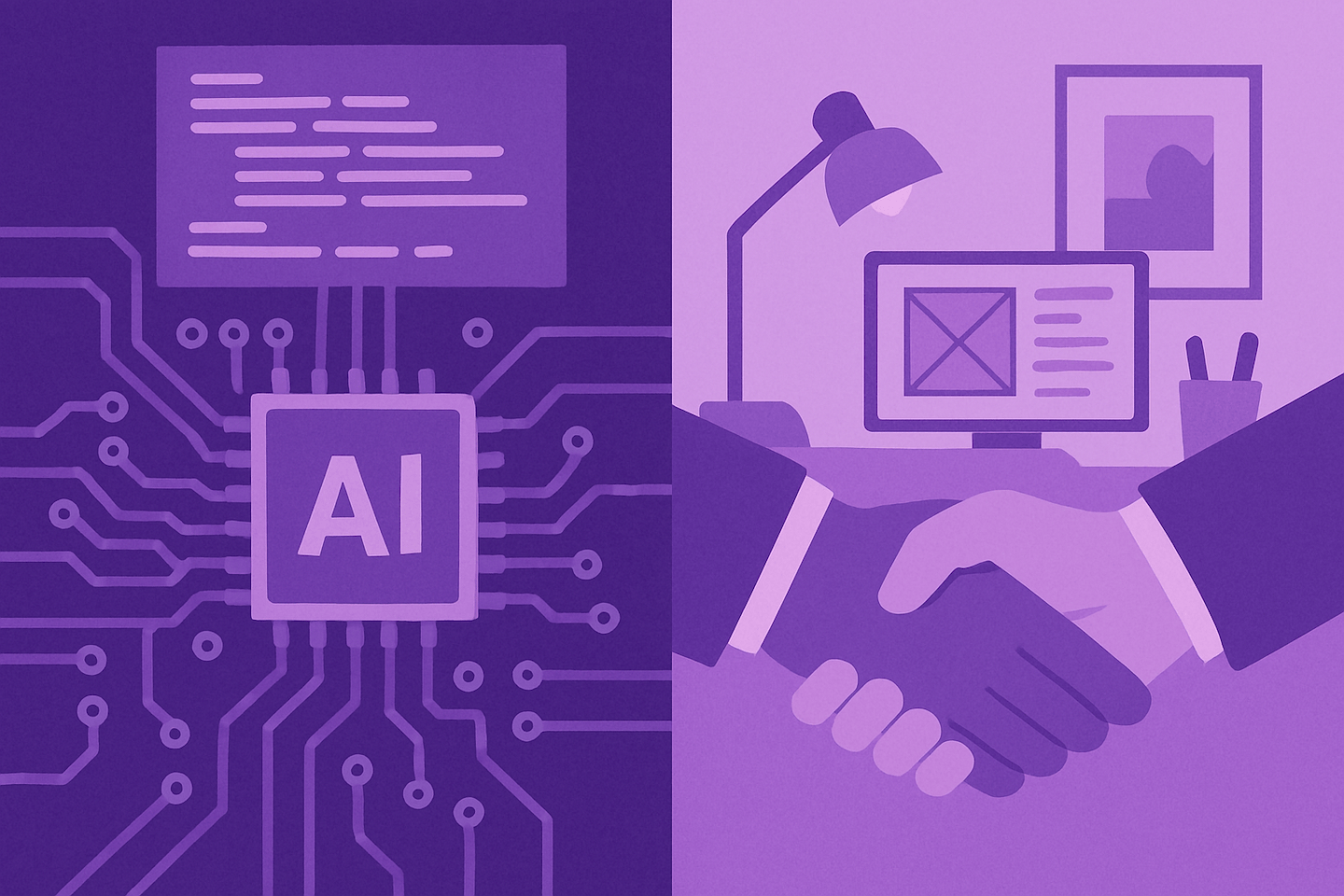.png)
Note: This article is just one of 60+ sections from our full report titled: The 2024 Legal AI Retrospective - Key Lessons from the Past Year. Please download the full report to check any citations.
Changing of the guard?
"Clients want certainty. In effect, they pay lawyers to limit risk. The contract is simply a vehicle for risk mitigation.
Great lawyers instinctively know this. They recognise and prioritize risks. They are rarely authorized to accept commercial risks without taking instructions, but the best lawyers are trusted by the clients to identify and present risks in a way that allows their clients to make informed decisions. This means that they address major concerns head on.
In contrast, less accomplished lawyers often joust with one another, sensing a risk but not really understanding it (and certainly not able to articulate it). They believe that they reduce risk by using the precedent or template. They argue "legal points" - where if the point were important it would be a commercial issue for the principals (clients) to decide. Some clients delegate arguments to their lawyers, and that is respectable until you realize that their motivation is that the lawyer understands the risk and can mount the argument better than the client. Good business people will want to master the argument and create meaningful relationships with their counterparts as they negotiate the risk allocation process. AI will assist them to do this.
In summary, the unrevealed opportunity is for AI to identify and explain risks to help the commercial principals work together (in a trusting, open relationship) to decide how best to mitigate and (then) allocate risks between them. This provides certainty. As Lord Mansfield said "In all mercantile transactions the great object should be certainty; and therefore, it is of more consequence that a rule should be certain, than whether the rule is established one way or the other" (Vallejo v Wheeler (1774) 1 Cowp 143, 98 ER 1012). Conventional contracts may or may not be the optimum way of doing this, time will tell.
The opportunity is for AI to "grease the wheels of commerce" by doing what the great lawyers already do – identifying risk and allowing the clients to allocate it.
Once the risks are identified and allocated then the work of recording the agreement can be finished.
Whilst democratization of the AI process will not level playing fields, it will help parties to optimize the process of securing certainty."
Quentin Solt, Senior Solicitor, UK
Conclusion: Legal and contract drafting
The ongoing evolution of AI in legal and contract drafting promises to further streamline legal processes, potentially increasing access to justice and improving the overall efficiency of legal systems worldwide.
However, it remains essential to maintain human oversight and critical thinking, ensuring that AI tools are an aid and not a substitute for professional legal judgment.
There is a lack of traceability and explainability, making it difficult to trace the origin of specific clause suggestions in AI-generated contracts.
"If your organization hasn't adopted AI in some capacity, whether that's summarizing a new piece of legislation or putting together a convincing presentation for a new solution in the business, then you're already behind. AI isn't replacing lawyers, it's helping us bridge the language barrier between the business and the legalese we find ourselves living behind."
Aksa Kalam, Senior Legal Counsel, UK
.png)


.png)


